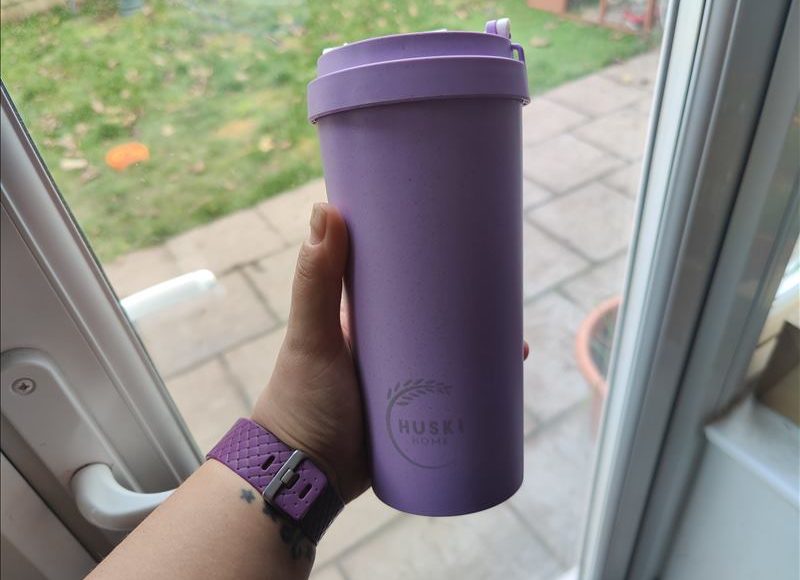The Perimenopause – What you need to know

If you are approaching your 40s, you have probably wondered about menopause and perimenopause. You may have even started researching plant based menopause supplements to help with the transition. However, you may also be concerned about pregnancy during this period, especially if you want to have children. These are a few things you should know.
The Perimenopause Transition
During perimenopause, you can experience a number of symptoms, such as hot flashes, irregular periods, higher anxiety and night sweats. You may go months without a period or your cycle may be shorter, causing you to have more frequent periods. Your periods may also be longer or shorter than normal.
In addition, your body is still producing enough estrogen, luteinizing hormone (LH), progesterone and stimulating hormone (FSH) to release mature eggs and get pregnant.
Menopause
You don’t officially enter menopause until your body goes 12 full months without a period. During this period, your body doesn’t produce enough hormones to release mature eggs. You cannot get pregnant naturally during menopause because your eggs are also not viable.
Conception During Perimenopause
If you haven’t had a period in a few months, you may ask, “Can you get pregnant during menopause with no period?” The answer is yes. Because your hormone levels fluctuate during this time, your body may still have the levels necessary to release mature eggs. However, statistically, at the ages of 38, 41, 45, and 50, nearly 20%, 50%, 90%, and 100% of women, respectively, cannot conceive.
In addition, these eggs are typically more difficult to fertilize. However, you should remain on birth control if you don’t want children. If you want children during this time, you may try a few techniques, such as a well-balanced, nutritious diet. Increase your exercise level. Track your ovulation by looking for white vaginal discharge and tenderness in your breasts. You can also try ovulation test strips.
In Vitro Fertilization (IVF)
If you still have difficulty getting pregnant, you may try IVF. Although this reproductive technique works better when your eggs are frozen before the age of 35, many women in the perimenopause stage are using this method. You may also use donor eggs. Even women who have entered into menopause are having children using IVF with frozen or donor eggs. However, you may have a lower chance of experiencing a healthy pregnancy as you age.
Perimenopause Pregnancy Challenges
If you are over 35 years of age, you can experience higher-risk pregnancies. For example, you could have a greater risk of miscarriages. You may also experience high blood pressure, gestational diabetes, preeclampsia and other health problems.
The baby may also have a greater risk of congenital or chromosomal abnormalities, low birth weight and size and other challenges. In addition, fetal mortality increases as you age.
In addition, your risk of multiple births, such as twins and triplets, increases as you age. This is especially true if you seek IVF. Your childbirth could also be complicated, requiring cesarean and/or preterm delivery.
If you are in your late 30s and 40s and still want to have children, you do have options. Although the process may be difficult and has higher risks, taking care of your body, such as using natural hormone supplements for menopause, exercising and eating healthy, can improve your chances of pregnancy.





